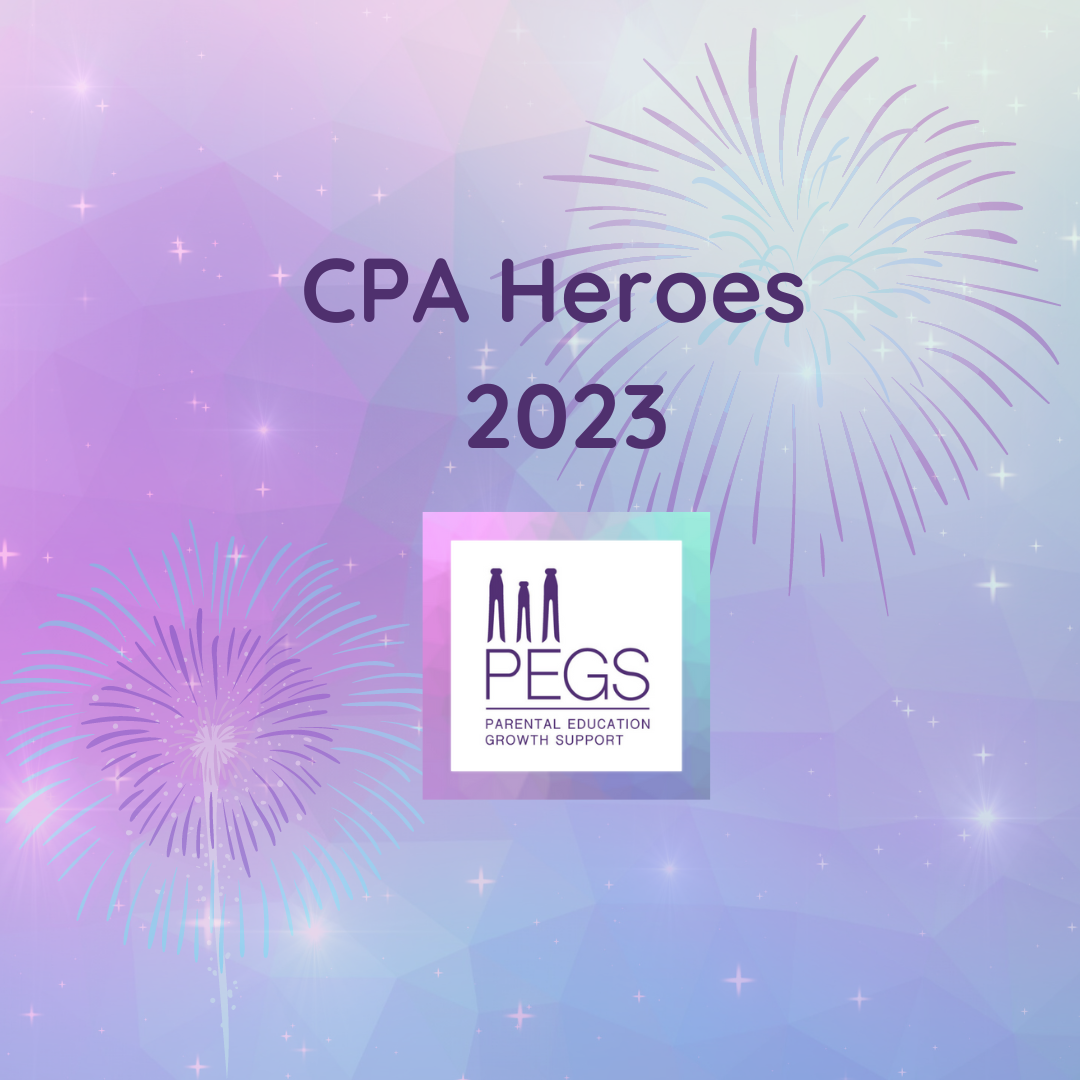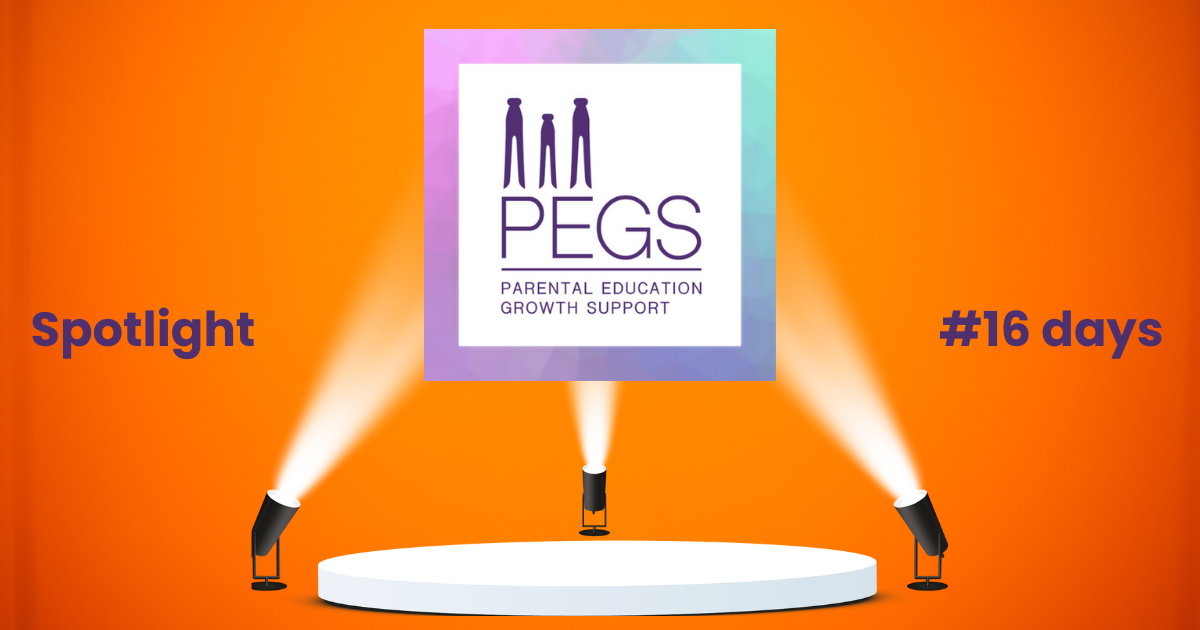Blog

By Amanda Warburton-Wynn
•
03 May, 2024
'Oh, we love having the grandchildren, especially because we can give them back!' How many times have you heard that? But have you heard 'We dread our grandchild coming to visit, we never feel safe until they've gone home'? Child to Parent Abuse is increasingly a topic of research but there is currently no formal definition and, if the consultation carried out by the Home Office in 2023 results in one, it's likely that grandparents won't get a mention in the main title. Of course, the age of grandparents can vary hugely but for those in the older age groups abuse from a child can be hard to understand and even harder to speak about. Whilst in many cases abusive behaviours are not linked to a health or mental health issue, some of the diagnoses involved in some cases of child to parent abuse weren't known until fairly recent times – ADHD was first recognised when mentioned in a National Institution of Clinical Excellence (NICE) report in 2000! Children who we now categorise as being victims of abuse and trauma were often just seen as 'naughty' back in the day and their behaviour needed to be dealt with by punishment. It's essential that we now recognise when children are asking for help – even if that is demonstrated by negative behaviours – but the impact of these behaviours on the whole family needs to be considered. Information Now say that In the past two generations, the number of children being cared for by their grandparents has increased substantially from 33% to 82% - almost two-thirds of all grandparents regularly look after their grandchildren. The UK Government add that 41% of mothers are working full time so it's clear that grandparents are spending more time with their grandchildren than ever before. There are myriad reasons for this including the changing demographics of an ageing population where many grandparents are now more physically active so spending time with grandparents can be more fulfilling than in the past (anyone else remember sitting in silence listening to the adults talk and drink team and hoping it would be time to go home soon?) But for all those positives, abuse of older people is a negative that's featuring more and more in research and in the news. Whilst several studies on both domestic abuse and elder abuse victimisation have reported that adult sons or grandsons, and a smaller proportion of adult daughters or granddaughters, are perpetrators in around half of all abuse against older adults (see Bows et al . 2022), there is little research into abuse by grandchildren who are aged under 18. One reason for this is likely to be the reluctance, by family members, professionals and society as a whole, to label children as 'perpetrators' or 'abusers Parents experiencing abuse from children have told PEGS that the abuse most commonly starts before the age of six and often continues post the child turning 18. It is probable that some children who display abusive behaviours towards parents will also abuse their grandparents but it's possible that some children abuse grandparents only. What is pretty much definite is that grandparents will feel the same emotions as parents if a child is abusing them – shame, guilt, worry about consequences of speaking out and concerned about causing problems within the family, especially if they appear to be the only targets of the abuse. It's also common to look for a reason for the abuse, something that has happened to the child perhaps or something that the grandparent has/hasn't done and to try to rationalise the abuse. As well as more research, there needs to be more recognition from organisations working with older people – statutory and voluntary – that Child to Parent Abuse can and does include children abusing grandparents and those grandparents need support. Abuse from a child is often no less dangerous than abuse from an adult so it shouldn't be laughed off or seen as grandparents not having enough 'control' over their grandchildren. More awareness of the issue, more open discussions and acknowledgement of the impact of this type of abuse will hopefully lead to appropriate support for grandparents who come forward to ask for help, and more of them doing so. Amanda Warburton-Wynn is an independent researcher and consultant specialising in support for domestic abuse and sexual violence survivors with disabilities and older people. You can find out more about Amanda and her work on her website www.awdaconsultancy.com

By Michelle John
•
11 Dec, 2023
Last month some of the team headed to Central London to host our Child to Parent Abuse Covenant (CPAC) conference. The event saw delegates attend from across the UK, with key note speeches, a panel discussion, and even virtual input from an organisation in America too. It’s fair to say the team excelled themselves and delivered an interactive, informative and engaging event on Child to Parent Abuse (CPA) and the impact on employment. The Child to Parent Abuse Covenant was launched in October 2021 due to our then survey, revealing that 70% of those PEGS supported had to significantly reduce or leave employment altogether due to the behaviours they were experiencing from their child. PEGS approached the Department for Work and pensions (DWP ) to highlight the barriers employees and employers were facing when experiencing Child to Parent Abuse. With Tony’s and Ahmed’s, National Partnership team support and encouragement, the Child to Parent Abuse Covenant was created and became the 4th DWP backed employer covenant available free of charge to any UK employer. You can find out more about the launch of the covenant and how to sign up here https://www.pegsupport.co.uk/pegs-launches-national-employer-covenant PEGS would like to extend our thanks to Rax, Local events manager at Halifax Flagship branch in New Oxford Street, London, who allowed us to use their incredible venue for the conference. The onsite social enterprise Change please, supplied all the beverages for us, which was a brilliant opportunity for PEGS to be able to support another social enterprise. You can find out more about the venue and the wonderful work of Change please, here https://changeplease.org/ To find out more about the event itself, you can download the highlight report here :
Links
Based in Shropshire and Derbyshire, operational across the UK
Unit 4 Darwin Court, Oxon Business Park. Shrewsbury SY3, Shropshire.










